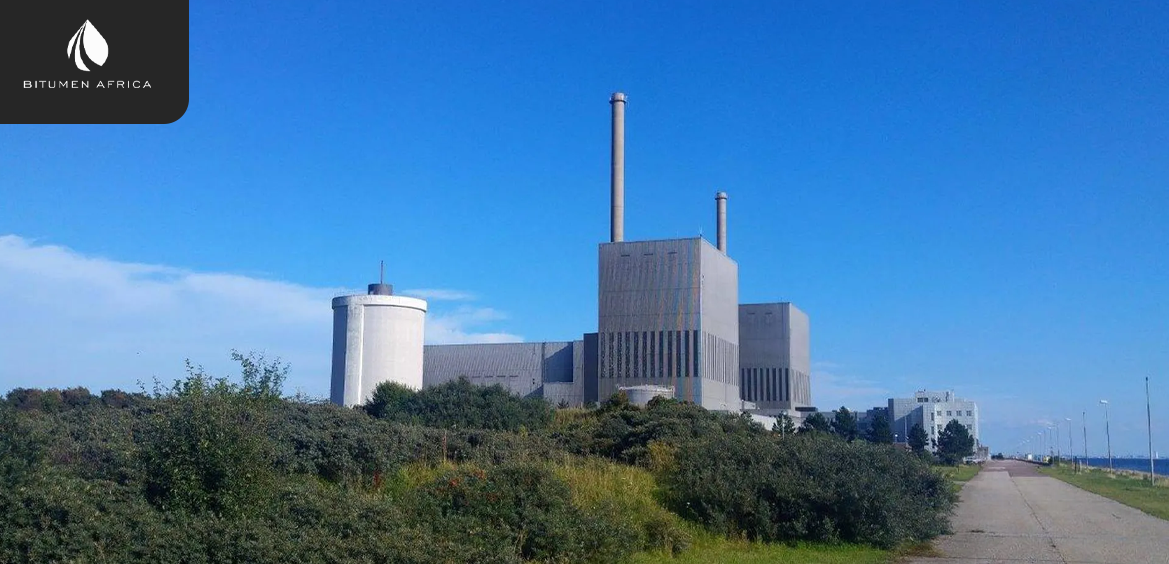Several countries are reconsidering nuclear energy as a clean alternative to fossil fuels, despite longstanding concerns about radioactive waste. While nuclear plants produce very little waste relative to the energy generated, the disposal of high-level radioactive waste, such as spent fuel, remains a critical challenge. Public fears around contamination and environmental risks have historically hindered waste storage initiatives. However, recent developments in Scandinavia show promising advancements in creating safe, long-term storage solutions that could change the perception and viability of nuclear energy.
Nuclear waste is categorized into low-, intermediate-, and high-level waste, with spent fuel—though small in volume—holding the majority of radioactivity. The unique energy density of nuclear fuel means that even large-scale power plants produce relatively little high-level waste. Still, without secure disposal, this waste poses significant risks due to its long-lasting radioactivity, necessitating carefully engineered containment and isolation from living ecosystems.
Sweden has recently begun constructing a repository for spent nuclear fuel near the Forsmark power plant. The facility will bury nuclear waste 500 metres underground, using copper capsules surrounded by clay to ensure isolation for up to 100,000 years. The project is funded by the nuclear industry and is expected to begin accepting waste in the 2030s, with final completion by 2080. This initiative demonstrates a feasible, long-term approach to dealing with one of nuclear energy's biggest obstacles.
Finland is also advancing a similar project at Onkalo, located on the country’s west coast. Managed by Posiva Oy, the site will house waste from Finland’s nuclear reactors in tunnels approximately 430 metres below ground. The multi-billion-dollar project has already seen test containers sealed and stored, signaling significant progress. Like Sweden, Finland’s approach emphasizes secure geological storage as a sustainable solution for nuclear waste.
Norway, while still in the planning stages, is actively pursuing long-term nuclear waste solutions. Its Norwegian Nuclear Decommissioning group is considering deep geological landfills for high-level waste and medium-depth repositories for lower-level materials. With a \$41 million contract awarded to support this work, Norway is following the lead of its neighbors in developing a scientifically grounded and environmentally secure strategy. These combined efforts across Scandinavia may soon serve as a global model for managing nuclear waste safely and effectively.

